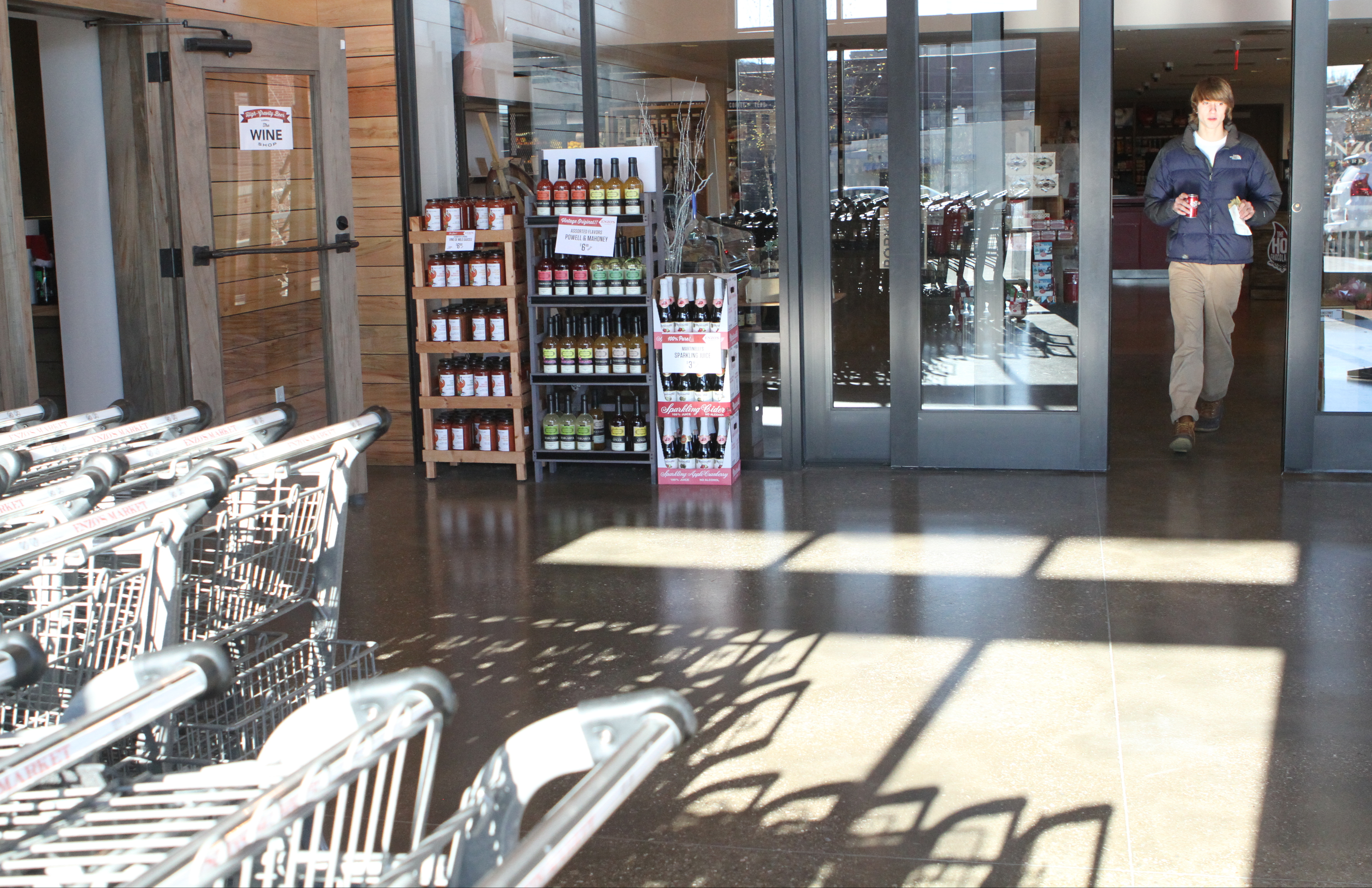Tennessee Senate OKs wine in grocery bill
Friday, January 31, 2014
NASHVILLE - Voters in Chattanooga and many other Tennessee cities or counties could authorize wine sales in supermarkets, big-box retailers and convenience stores under a bill passed Thursday by the state Senate.
The vote was 23-8. Similar legislation is moving in the House. The measure stalled there last year, but leaders are confident the measure will pass this session.
Should the bill become law, local votes on the issue could be on November ballots.
But under an agreement struck with powerful lobbies for liquor package stores and wholesalers, wine sales couldn't start in the new venues before mid-2016.
Senate Republican Caucus Chairman Bill Ketron, of Murfreesboro, the bill's sponsor, told colleagues he has been chipping away for more than seven years at decades-old alcohol laws put into place after Prohibition ended in Tennessee.
"Things have changed in our world," he said, citing public opinion polls showing some two-thirds of voters support the change. "The people of Tennessee want this opportunity."
Currently, wine, liquor and high-alcohol beer are sold only in privately owned package stores, which can sell nothing else -- not even corkscrews or shot glasses. Grocery stores, big retailers such as Walmart and convenience stores can sell beer containing up to 6.5 percent alcohol by volume.
Ketron said lawmakers have tried to be even-handed in balancing the competing interests of package stores, grocery stores, liquor distributors and others.
That wasn't easy, he said.
"There are so many tentacles on this because it affected so many people," Ketron said. "Every group that was affected gave up something."
Among the eight senators voting no were Todd Gardenhire, R-Chattanooga; Mike Bell, R-Riceville, and Ken Yager, R-Harriman.
Gardenhire said he didn't get to see proposed amendments on the bill, including a 30-page-plus one that that rewrote the measure, until Wednesday evening.
"We got all the amendments last night," he said. "I believe everybody worked real hard on this thing, putting together a big compromise to make everybody happy. I've got no lack of trust from the people that did it. But you and I both know the devil's in the details."
Gardenhire said one of his two pledges in his 2012 Senate campaign was to always "watch out for the unintended consequences of a bill."
"If I had less than 12 hours to look at the way it was put together, then I have no idea what the unintended consequences are," he said.
The House version of the bill differs from the Senate's. For example, convenience stores with at least 1,200 square feet would be able to qualify to sell wine in the Senate bill. The House bill calls for a minimum of 2,000 square feet.
Senate Speaker Ron Ramsey, R-Blountville, said he doesn't like several provisions but will accept at least some of them, such as allowing liquor stores to start selling nonalcohol items two years before other retailers can stock wine, to get the bill passed.
"It's not the perfect bill, but it took seven years to get to this point," he later told reporters. "The citizens will be able to vote in November, and eventually we'll have wine in grocery stores."
But he said the House's square-foot restriction for convenience stores is too restrictive on small operators.
House Speaker Beth Harwell, R-Nashville, told reporters the two chambers can negotiate over differences but the big issue is providing voters a vehicle to permit wine sales in food stores.
"(Lawmakers) are trying to listen to the will of the people who elected them, and we're just trying to work out the fine details now," she said.
The bill would allow liquor stores to start selling beer, tobacco products, food, mixers and bar materials like corkscrews beginning July 1.
Most food stores could not start selling wine until at least July 1, 2016. Food stores located within 500 feet of a liquor store can't sell wine until July 1, 2017, unless the liquor store owner gives written permission to the state Alcoholic Beverage Commission.
Food stores are defined as retailers having at a minimum of their sales deriving from food.
Local referendums can only take place in municipalities and counties where voters have previously approved retail liquor package stores or liquor by the drink in bars and restaurants.
The bill continues the prohibition on Sunday sales of package wine in any outlets.
Contact staff writer Andy Sher at asher@timesfreepress.com or 615-255-0550.

